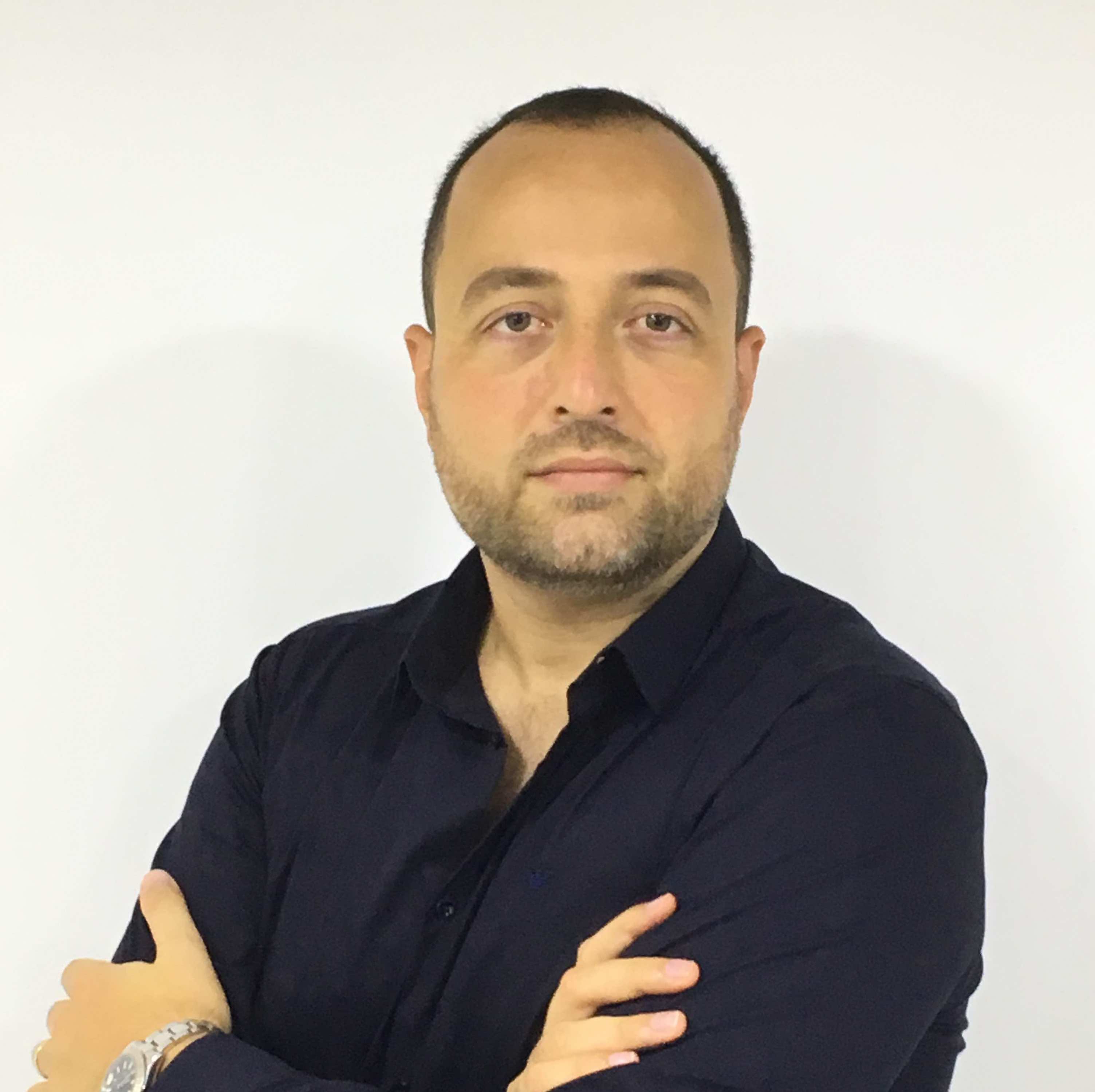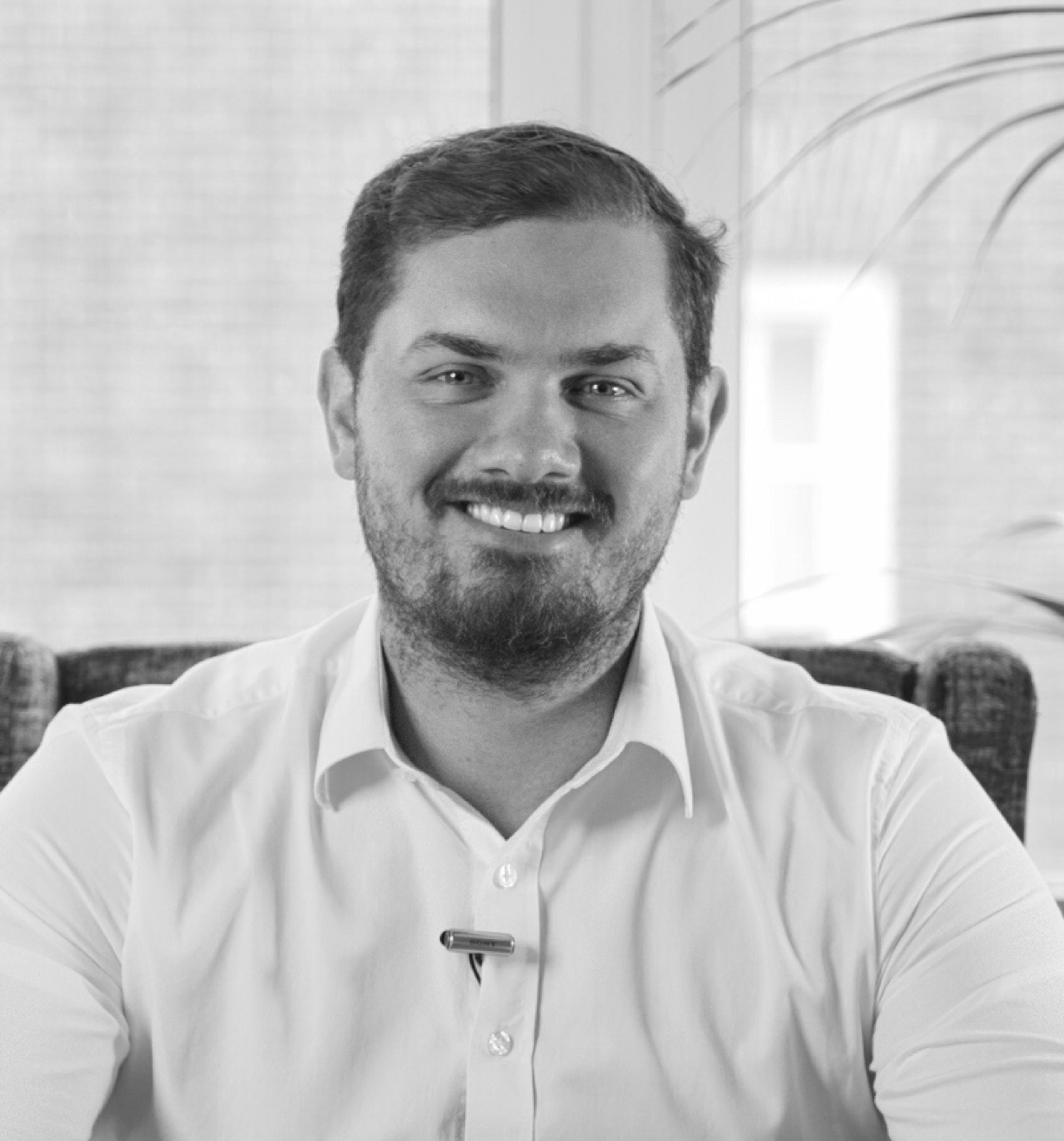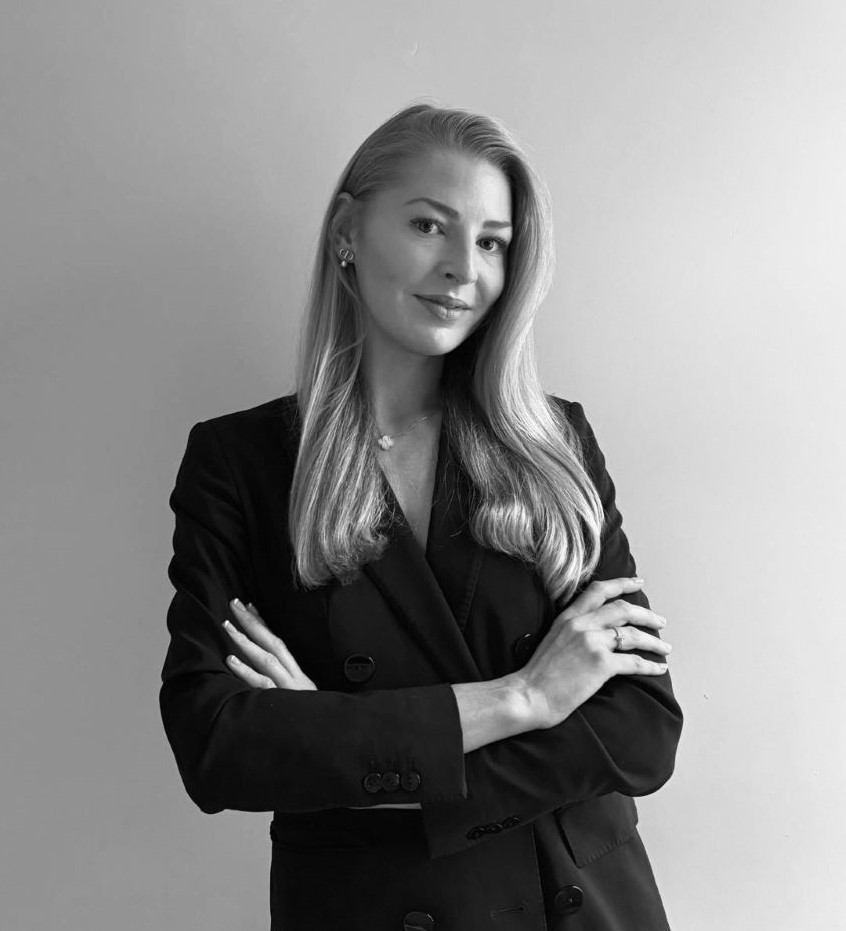Ihab Al-Derzi is the Founder and CEO of The Pearl Family Office, and is responsible for sourcing, negotiating, and closing complex business transactions for UHNW clients in the UK and internationally.
Ihab began his banking career over 20 years ago after graduating Queen Mary University with a BSc (Hons) in Pharmaceutical Chemistry. With a specific expertise in Islamic finance and investments, Ihab also achieved an MBA as well as an impressive catalogue of private banking qualifications covering investment and risk, regulation, and securities and derivatives.
In 2012 he was awarded ‘Outstanding Young Private Banker’ of the year.
Ihab’s proven track record and his wealth of knowledge and experience in IPO, M&A and capital raising opportunities allows him to act as a key partner for all his clients.
1. Can you share the story of how you decided to found your business? What inspired you to embark on this journey?
From a young age, I had a keen interest in ‘business’. I didn’t realise what an ‘entrepreneurial spirit’ was when I was an 8-year-old selling a pair of used football boots for profit, but in hindsight, that was the start of my journey! I recognised very early on that I could spot opportunities that others couldn’t. My high but considered attitude towards risk enabled me to be quick (but thoughtful) when it came to decision-making and seizing opportunities.
After graduating from Queen Mary’s University with a degree in pharmaceuticals, I moved into banking, keen to learn as much as possible about private finance, business, and analytical thinking. With over 20 years covering ultra-high-net-worth individuals from the Gulf, Sports professionals, and celebrities, I became a trusted banker and, as importantly, a trusted advisor.
In 2020, the world was reshaped by the pandemic, and my clients faced multiple uncertainties across their portfolios. It was at this point that I decided to take the plunge, leave my banking career, and I set up The Pearl Family Office to independently support my clients with the broad range of international requirements they were looking to me for guidance on – including but not limited to immigration, Private Equity and Venture Capital, Real Estate and family matters.
2. What’s been the most significant moment or milestone in your founder career that has shaped your approach to business?
Relationships are key to me and are what shaped my business at the start and are at the heart of the business now. The support and encouragement I received from my clients when I first muted the family office idea was phenomenal and gave me the added reassurance to move ahead. I’ve always been an optimist and motivated by challenges, and so although I was running at 100mph every day, accepting every opportunity, I was also beyond grateful for the level of work coming our way. The level of trust and belief in me from my family of clients was what shaped my approach to my business. And I’m always looking for ways to pay that forward.
3. In the dynamic landscape of business, how do you stay adaptable and open to change?
To succeed, you must be adaptable; you don’t have a choice. You have to be like a reed, willing to bend in the wind; if you aren’t, you’ll break! Things can change in a moment or because of a single event. Clients we work with have continually evolving demands and needs. We focus and prioritise what matters to them the most to deliver the results they desire. We’re strict on where we focus our energy and efforts. We now have to say no to some opportunities that come our way and to certain requests to ensure we are always available and ready for our clients when an opportunity demands our attention.
4. Founding a business often involves taking risks. But what role do you believe risk-taking plays in achieving success?
Everyone has different comfort levels around risk. Leaving a high-paying, secure job that afforded me and my family a certain lifestyle was a risk, one that some people might not be willing to take, but I could visualise the rewards, and I was determined to persevere and make it the success I had been planning for. Risk and reward go hand in hand, which is a constant in business.
5. What is your leadership philosophy, and how do you use this to inspire and motivate those around you?
It might sound obvious, but my leadership approach is to have effective communication. I’m completely open and transparent with my team and with my partners, which gives everyone confidence when working on a project. I take the time to get to know the people around me personally and try to surround myself with highly talented people, which creates a positive energy that we all feed off and keeps us learning. We really are in it together, we’re a close knit team who all get along which makes for a positive work environment. I don’t ‘do’ micromanagement. I am 100% a glass-half-full person, and although it’s challenging sometimes, I do try to slow down when the team tells me to!
6. Can you share a specific failure or setback in your career, and how did you use that experience as a learning opportunity to grow and improve?
I try to learn and improve from every situation. To date I’ve been very fortunate in my decision making towards risk even if the outcome wasn’t what I had initially anticipated. If something hasn’t worked out, I learn from it and prevent it from happening again. I’m involved with many different companies and ventures and have to make decisions quickly in order to keep pushing ahead and stay focused on the future.
7. How do you foster a culture of innovation and creativity within your company?
No day is ever the same! We are involved in multiple sectors, industries, countries and companies. One of the many hats I wear is looking into PE and VC opportunities and deciding where the world is heading and what opportunities arise from that. I am constantly learning about new technologies and efficiencies, and as a team, we work with some very exciting partners. One example of this is a recent company we invested in called Goeve in collaboration with other investors and Imperial College London and Dublin University. Goeve has developed a patented solution to provide electric charging solutions to a fleet of vehicles, which will revolutionise the electric charging problem the world currently faces. I joined the Board as a Non-Executive Director and am really excited about the future of the company and the difference it will make.
8. Founders often face challenges in balancing work and personal life. How do you manage this balance, and what strategies do you use to prevent burnout?
It’s a struggle! The nature of my work means I operate in multiple time zones and constantly receive calls and e-mails from Asia, MENA, Europe and the USA. I delegate what I can and maintain oversight of everything instead of focusing on the small details. My organisational skills have improved dramatically, which helps me focus my mind and energy where it matters. I regularly visit the gym and take long walks to clear my head when things get a bit much. My team know the level of work I take on and the stress that entails, and they support me throughout, which is a blessing. My family are my biggest supporters, they understand that my role comes with a lot of responsibilities but they know they are my priority, and they are always there for me.
9. What advice do you have for individuals aspiring to become business founders? Are there key principles or lessons you wish you had known when starting your journey?
I think the best advice I could give is to ensure you are mentally and financially ready to take the jump. I have seen many friends think that it will be easy and give up too early and others who expect quick results right from the outset and haven’t planned for long periods without income which causes them to fold. I would personally recommend having mentors to guide you and help you throughout the journey to calculate what your financial commitments are and have a sufficient runway for at least 12-24 months before committing. The chances are that there are many others already doing what you are thinking of doing, so you need to differentiate yourself, offer something else that fits a specific need in the market and be passionate about it. Once you commit to doing something and take the leap don’t look back, keep going and don’t be afraid to ask for help along the way, it’s okay to make mistakes as long as you learn from them. The worst that can happen is you tried, and you failed but you won’t be haunted by that little voice in your head saying, ‘I wish I’d been brave enough to give it a go!’
10. Looking ahead, what is your vision for the future of your company?
Looking ahead, I can see immense growth potential as my client’s wealth and investment appetite continues to expand. We are entering into many new and exciting ventures and most of these will in their way change the world for good which is at the heart of everything I believe in. We have a limited time on this earth, and I want to use my knowledge and experience to make a positive impact as a company and as an individual. I look forward to working with my team, partners, and clients for many more decades to come and to continue to build on our strengths and trusted advisor status.





